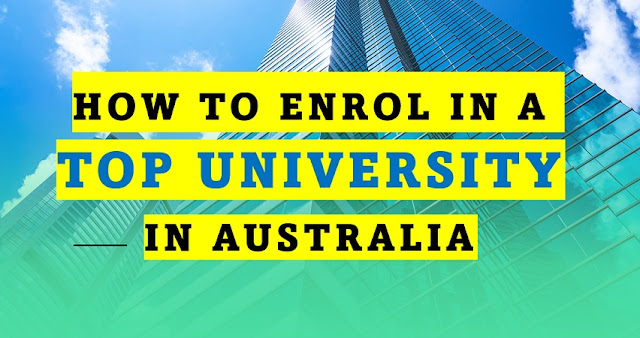The top universities in Australia enrol the top students in the country and from around the world. Entering these universities requires high grade point average (GPA), good grades in standardised tests and personality. Here, PNG Insight takes a look at the top 10 universities in Australia, GPAs and what you should do to enter as an undergraduate student.
Top 10 universities in Australia
The top 10 universities in Australia, according to the 2021 QS World University Rankings are:
- Australian National University
- University of Melbourne
- University of Sydney
- University of Queensland
- Monash University
- University of New South Wales
- University of Western Australia
- University of Adelaide
- The University of Technology Sydney
- University of Wollongong
Important: Note that the ranking of universities can change from year to year based on various factors and the list I provided is based on the 2021 QS World University Rankings.
What is the GPA for top Australian universities?
The GPA required for top Australian universities varies depending on the university and program.
Generally, the average GPA for acceptance into a graduate program at a top university in Australia is around 7/7.5 (on a 9-point scale), or a B+/A- (on a 4-point scale).
However, it's important to note that GPA is just one of many factors considered in the admissions process and strong performance in other areas such as research, extracurricular activities, and recommendation letters can compensate for a lower GPA.
How to enter top universities in Australia
There are a few steps you can take to increase your chances of being accepted into one of the top universities in Australia:
- Maintain a high grade point average (GPA) throughout your high school education. Many universities in Australia will consider your high school grades when making admissions decisions.
- Take the appropriate standardized tests, such as the SAT or ACT for undergraduate admissions, or the GRE or GMAT for graduate admissions
- Consider taking advanced placement (AP) or honours classes in high school, as these can demonstrate your readiness for college-level coursework.
- Get involved in extracurricular activities, such as clubs, sports teams, or volunteer work. These can demonstrate your leadership skills and commitment to your community.
- Prepare a strong personal statement or college essay. This is your chance to showcase your personality, achievements, and goals, and to explain why you would be a good fit for the university.
- Meet the minimum requirements, such as English language proficiency, and any other prerequisites for the course you are applying for.
- Start your application early, and make sure to double-check your application before you submit it.
- Consider applying for scholarships, which may be available to international students, especially students from Papua New Guinea.
The requirements for each university will vary, so it is important to research the specific requirements of the universities you are interested in.



